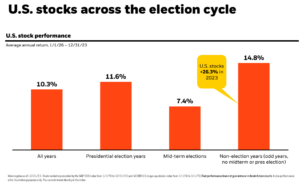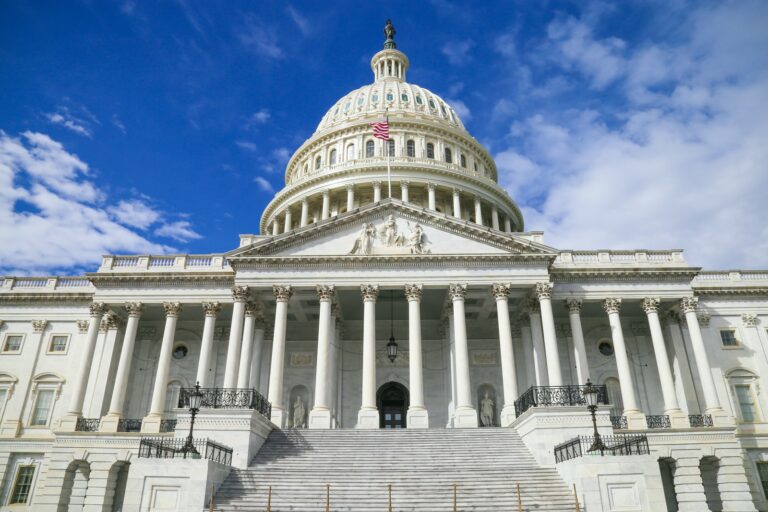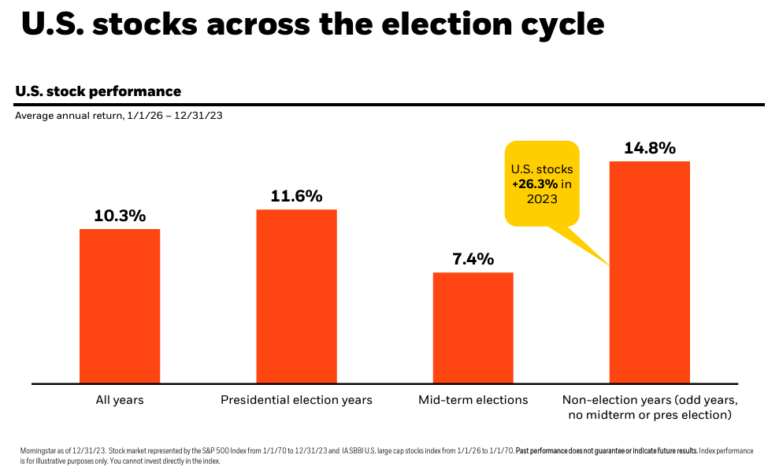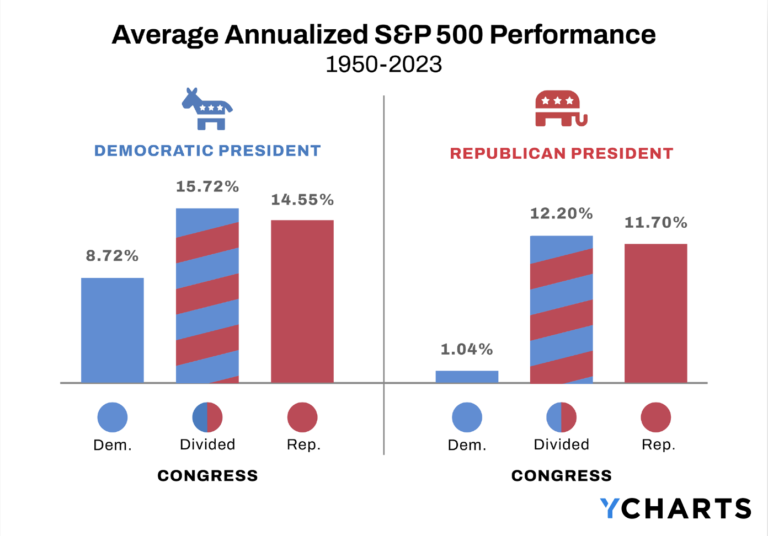Having an emergency fund is more important than ever, at any income level. But the good news is Americans have been saving more recently, despite historic unemployment from the pandemic which hit a wide range of professionals, from dentists to bartenders. With extra money in the bank, the top priority is properly allocating cash to your emergency fund. In this article for Forbes, Darrow Advisor Kristin McKenna, CFP® explains how much cash you need in an emergency fund and where to keep it.
Here’s How Much Cash You Need In An Emergency Fund And Where You Should Keep It
And according to recent data, the personal savings rate in the United States jumped from 8% in February to over 13% in March 2020. Despite historic unemployment due to the Coronavirus, many workers who kept their job didn’t have anywhere to spend disposable income. The current economic climate highlights the importance of having cash reserves at any income level. It’s also a perfect opportunity for individuals with extra cash savings to properly set up their emergency fund. But how much cash do you need in an emergency fund and where should you keep it?
Personal Savings Rate In the United States
source: tradingeconomics.com
What is an emergency fund?
As the name suggests, an emergency fund is cash you keep in case of an emergency. Unexpected financial events can come in many forms. Perhaps you unexpectedly lost your job, have a major home repair, or medical costs to pay for. In today’s economy, pay cuts are common as businesses suffer major hits to their revenue.
Instead of taking out a high-cost loan or putting the expense on a credit card (if those are even options), the savings in an emergency fund can be used to cover the cost.
Stockpiling cash savings in one account without a plan could be a missed opportunity. We all need money in the bank, but there are downsides of keeping too much cash or too little…or saving it in the wrong place entirely.
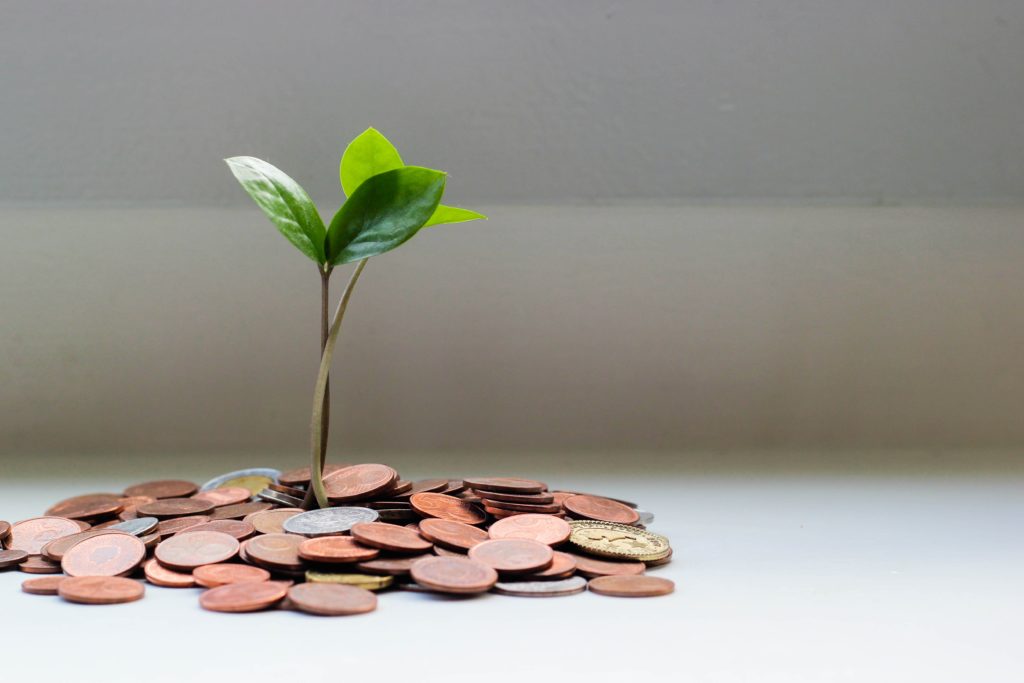
How much to cash do you need in an emergency fund?
As a rule of thumb, consider keeping between three and six months of fixed expenses in cash as an emergency fund. If you’re in a two-income household, consider the lower end.
Keep in mind this isn’t a hard-and-fast rule. Your personal situation will dictate how much cash you’ll need. If you’re concerned about losing your job in this economy or are a business owner, you may need more in savings, perhaps even a year.
Where to keep an emergency fund
We are big proponents of having separate savings accounts for different goals. You can easily know where you stand and track your progress. In the case of emergency cash reserves, keeping a separate account just for your emergency fund is especially crucial.
Consider opening a high-yield savings account to park your emergency money. Only tap the account in case of an emergency. Once you’ve fully funded the account, explore other ways you can use extra cash. But as far as the emergency account goes: set it and forget it.
If you are married, you may want to consider a joint savings account to ensure both spouses have access if something were to happen to either of you. Although it isn’t right for every situation, a joint account can help avoid some of the access issues that typically arise during a crisis.
A transfer-on-death (also called payable on death or POD) election with your bank and/or the proper estate planning documents like a power of attorney can also help avoid issues getting cash during an emergency.
Having cash reserves doesn’t mean keeping physical dollars
Where should you not keep your savings? In a shoebox or under the proverbial mattress. Aside from losing out on interest, there are limits to what insurers will cover if the money is stolen or lost. This is often as low as $200.
If you already have the cash on hand, setting up and funding your emergency reserves is quick and painless. Once complete, you can turn your attention to other ways to make your cash work harder for you, which usually means moving it out of cash.



